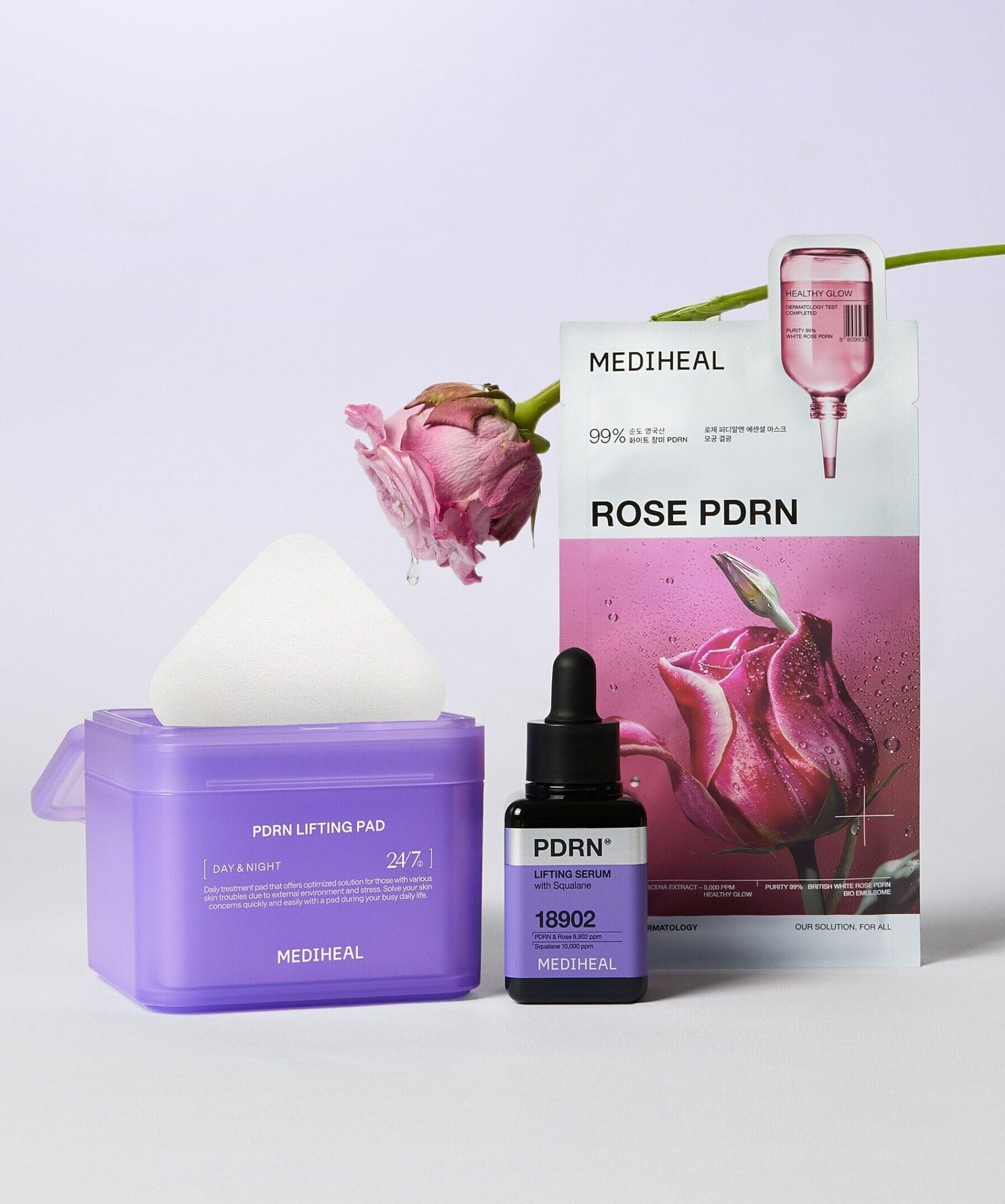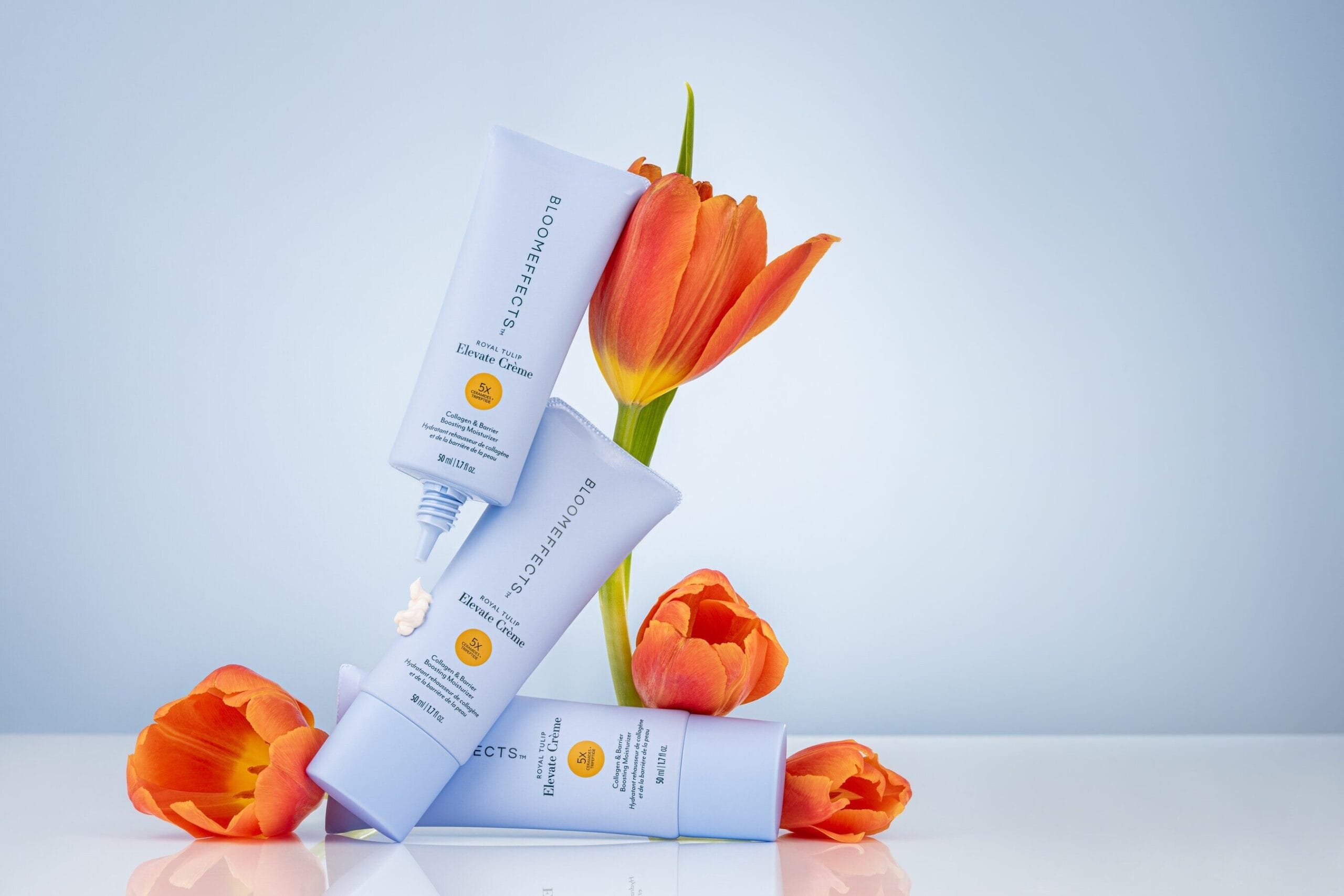The battle between Canadian beauty brand SUVA Beauty and Sony Music over copyright infringement on social media is a pivotal case highlighting the intricacies and repercussions of content usage in digital marketing. SUVA Beauty, founded by Shaina Azad, has been a notable player in the beauty industry, drawing international acclaim and a loyal following for its unique and vibrant makeup products. However, the brand’s alleged unauthorized use of Sony’s music in promotional videos on social platforms has drawn significant legal problems.
SUVA Beauty vs. Sony Music Lawsuit
- Lawsuit Details:
- Plaintiff: Sony Music Entertainment Canada.
- Defendant: Vancouver-based beauty brand SUVA Beauty.
- Allegation: Copyright infringement.
- Music Involved: Songs from artists like Beyoncé and Doja Cat.
- Platform: Unauthorized music usage in social media marketing campaigns.
- Sony Music’s Position:
- Claims SUVA’s use of their music boosted the brand’s visibility and financial gains.
- Seeking millions in damages.
- Emphasizes strict enforcement of intellectual property rights to deter similar infractions.
- SUVA Beauty’s Defense:
- Denies allegations of copyright infringement.
- Argues that Sony lacks the legal standing to claim damages on behalf of artists.
- States that any financial impact on the artists due to their music usage is speculative.
- Financial and Legal Implications:
- High stakes lawsuit potentially leading to substantial financial repercussions for SUVA.
- Sets a precedent for beauty brands relying on social media marketing.
- Possible wave of similar legal challenges against brands using copyrighted music without proper licenses.
- Case Documentation:
- Case Number: T-1256-21.
- Filed: Toronto, January 31, 2022.
To avoid such pitfalls, businesses should adhere to the following guidelines:
- Create Original Content: Always prioritize generating your own photos, videos, and audio to avoid infringement.
- Read the Terms of Service: Familiarize yourself with the terms and policies of each social media platform, especially regarding content usage and ownership.
- Use Images Correctly: Ensure that any third-party content used is properly licensed. Utilize royalty-free or Creative Commons resources if necessary.
- Give Credit Where It’s Due: If using someone else’s work under a fair use doctrine or with permission, provide proper attribution.
- Be Aware of the Fair Use Doctrine: Understand the nuances of fair use to determine what is permissible without explicit consent.
Recent developments in copyright laws for social media reflect a tightening grip on content use. According to entertainmentlawyermiami.com, unauthorized reproduction of copyrighted work can result in fines, damages, and even criminal charges. Thus, businesses must be vigilant, constantly monitoring their content to prevent unauthorized usage.
Sony’s lawsuit against Ofra Cosmetics, another case similar to that of SUVA Beauty, emphasizes the seriousness with which copyright laws are enforced. Sony accused Ofra of using its recordings in over 300 social media posts without permission, showcasing the risks that brands face when not adhering to copyright regulations.
Moreover, the integration of social media in marketing strategies for the beauty industry is undeniable. Still, this engagement must be balanced with a keen awareness of intellectual property laws. Successful social media strategies for beauty brands include user-generated content (UGC), influencer collaborations, and engaging how-to tutorials. While these approaches foster brand loyalty and visibility, they must be done with strict adherence to copyright laws to avoid legal repercussions.
The SUVA Beauty vs. Sony Music case serves as a crucial lesson for all businesses engaging in social media marketing. Adhering to established guidelines for content creation and staying informed about evolving laws, brands can effectively mitigate the risk of copyright infringement while leveraging social media’s powerful marketing potential.

















